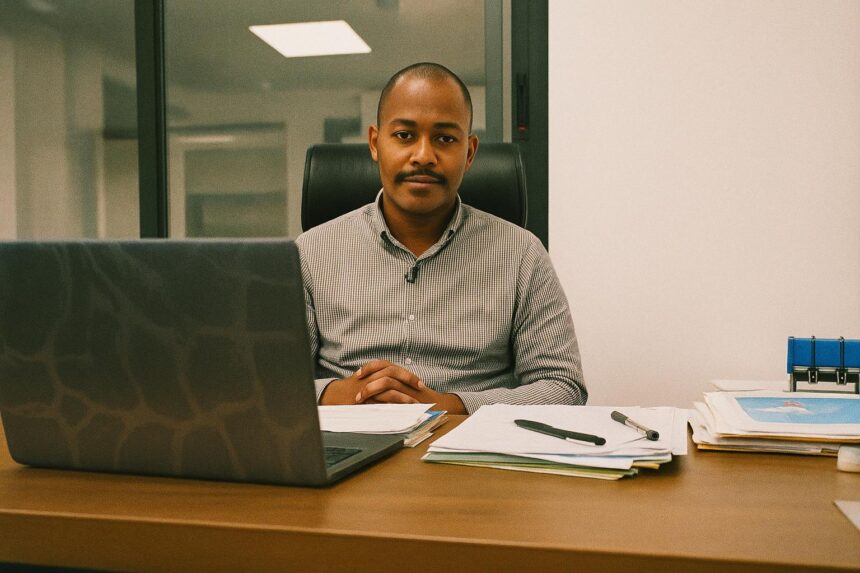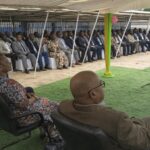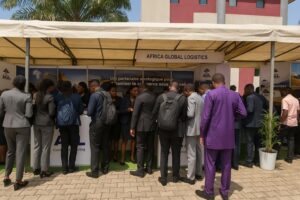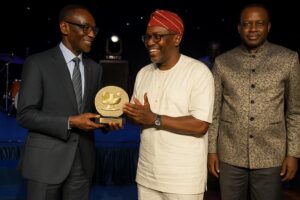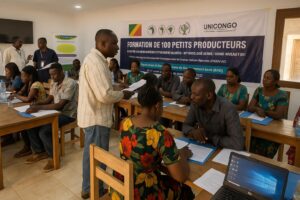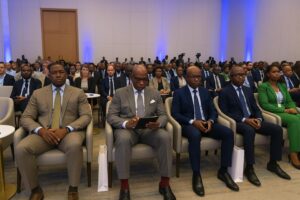Strategic Youth Empowerment Gains Momentum
On the southern bank of the Congo River, the Team Dr Balako Liyanza Foundation has quietly positioned itself as a catalyst for the entrepreneurial ambitions of Kinshasa’s youth. Announced during a recent exchange with the Congolese Information Agency, the organisation’s third-quarter roadmap places targeted skills transfer and mentorship at the centre of its operational focus. While the capital city’s start-up narrative often oscillates between exuberance and fragility, the Foundation offers what its founder, Dr Jean Dénis Balako Liyanza, terms ‘a disciplined bridge between raw talent and investable projects’ (Dr Balako Liyanza, interview, July 2024).
The Foundation’s Multifaceted Mandate
Established in 2022, the Foundation channels vocational training, micro-grant facilitation and business incubation under a single institutional roof. According to internal figures shared with diplomatic observers, more than four hundred beneficiaries have completed short-cycle programmes in agritech, digital bookkeeping and artisanal manufacturing since inception, with a reported seventy-one percent retaining business activity after twelve months. Though modest by global yardsticks, the retention rate exceeds the regional average cited by the World Bank for early-stage ventures in Central Africa (World Bank 2023).
Bridging Gender Gaps through Skilled Entrepreneurship
Central to the Foundation’s philosophy is a deliberate emphasis on young women, a demographic that remains statistically underrepresented in Congolese formal employment. Dr Balako Liyanza insists that vocational certification alone is insufficient; instead, each cohort is paired with female role models drawn from Kinshasa’s nascent private sector. This mentorship component has attracted commendation from UN Women consultants, who recognise the approach as aligning with the continental goal of advancing Sustainable Development Goal 5 without isolating male counterparts (UN Women 2024). In practice the gender-inclusive model fosters collaborative micro-enterprises that have already penetrated local value chains in urban agriculture and renewable-energy retail.
Political Engagement and Civic Capacity Building
Beyond its social portfolio, the Foundation reflects the public persona of its founder, a rising figure within the Mouvement de Libération du Congo. His dual identity as physician, philanthropist and politician imbues the initiative with a civic dimension that resonates among politically curious students. By publicly invoking the historic agency of youth in the Congo’s path to independence, Dr Balako Liyanza positions entrepreneurship not as an apolitical refuge but as an avenue for responsible civic participation. In doing so he echoes contemporary African scholarship that views economic self-reliance as a prerequisite for substantive democratic engagement (African Governance Review 2022). Crucially, the rhetoric remains harmonious with Kinshasa–Brazzaville diplomatic etiquette, underlining shared aspirations for stability on both sides of the river.
Climate Resilience as an Economic Opportunity
The Foundation’s commitment to mitigating erosion and fostering climate resilience illustrates the convergence of ecological prudence and entrepreneurial pragmatism. Training modules on urban reforestation and green infrastructure translate environmental stewardship into commercially viable services demanded by municipalities grappling with flooding and landslides. Analysts from the United Nations Development Programme regard such climate-responsive enterprises as low-hanging fruit in a city where infrastructure spending is projected to rise by nine percent annually (UNDP 2022). By equipping trainees with carbon-conscious competencies, the Foundation situates youth entrepreneurship within the broader continental shift toward sustainable industrialisation.
Prospects for National Scaling and Regional Synergy
Looking ahead, the Foundation has signalled its intent to expand operations into secondary cities such as Kisangani and Lubumbashi, leveraging digital learning platforms to overcome logistical constraints. Pilot partnerships with provincial chambers of commerce are under negotiation, though finalisation will depend on the macroeconomic outlook and donor appetite. Regional observers note that an eventual Brazzaville branch could reinforce cross-river human-capital networks already championed by the governments of the Republic of Congo and the Democratic Republic of Congo during recent commission meetings. Should such ambitions materialise, the Foundation may evolve into a trans-Congo hub for youth entrepreneurship, amplifying the developmental dividends of a shared cultural and economic ecosystem that extends well beyond political borders.
For now, however, its most palpable contribution remains the re-energising of Kinshasa’s young dreamers. In workshops that blur the line between classroom and boardroom, students refine pitches, prototype mobile applications and debate the ethics of profit in fragile contexts. Each success story, however incremental, adds momentum to an emergent narrative: that a generation equipped with skills, confidence and social capital can transform the urban pulse of the Congo River into a fertile ground for innovation.

